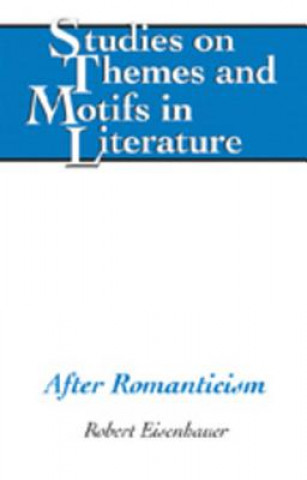
Code: 10018702
After Romanticism
by Robert Eisenhauer
After Romanticism explores the ground common to European romanticism and American modernism, a space of translation and echoing where gulfs of ironic difference open between islands of topographic similarity, where literary histor ... more
- Language:
 English
English - Binding: Hardback
- Number of pages: 210
Publisher: Peter Lang Publishing Inc, 2008
- More about this

You might also like
-
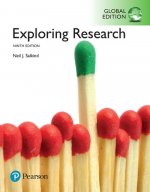
Exploring Research, Global Edition
84.61 € -

And Then There Was One
24.96 € -18 % -

Letters and Animals Coloring Fun
8.48 € -
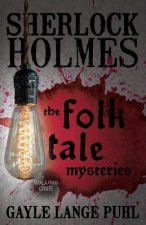
Sherlock Holmes and the Folk Tale Mysteries
24.66 € -

Christ
24.66 € -2 % -

From Here We Changed the World: Amazing Stories of Pilgrims and Rebels from North Nottinghamshire and West Lincolnshire
20.61 € -2 % -

Entirely Avoidable Insanity
14.04 € -1 %
Give this book as a present today
- Order book and choose Gift Order.
- We will send you book gift voucher at once. You can give it out to anyone.
- Book will be send to donee, nothing more to care about.
More about After Romanticism
You get 202 loyalty points
 Book synopsis
Book synopsis
After Romanticism explores the ground common to European romanticism and American modernism, a space of translation and echoing where gulfs of ironic difference open between islands of topographic similarity, where literary history is subject to fictive renegotiation. Robert Eisenhauer situates Truman Capote's texts within the artistic/philosophical orbit of Novalis and Friedrich Schlegel, at the same time reading Answered Prayers as a validation of Baroque mysticism, a revisiting of controversies surrounding Lucinde, and a modernist take on Shelley's Triumph of Life. In the second essay, the author unpacks the signifiers Cristal and crystal, assessing their role in the rhetoric of metahistory. Breakfast at Tiffany's is seen embodying the exotic «trans» underlying representation itself, the disappointed searching of Schiller's sentimental consciousness. Discussing two cinematic interpretations of Terence Rattigan's play The Browning Version, Eisenhauer traces the use/abuse of names in the rhetoric of academic and political vilification. Drawing on such diverse sources as Aeschylus, Browning, Golding, and Adorno, he finds the current state of discourse in need of «heavy teaching», so that the repressed subject of democracy/tyranny can surpass the psychopathology of the Same. Analyzing Fellini's radical revision of an Edgar Allan Poe short story, the author suggests how inscrutability saves the audience from guilt because the viewer cannot arrive at apodictic certainty concerning the «subject screened». While Poe lampoons «the transcendentals» as a kind of disease, implying readerly guilt by association, and solidifying the letter, Fellini, by valorizing theatrical illusion, fails to translate a text that teaches the reader more than he or she is prepared to know. After Romanticism concludes with an imaginary conversation (echoing the pedagogical dynamic of Henry James's «The Pupil») in which a still problematic «translation» of a poetic text by the arch-modernist Gertrude Stein is discussed.
 Book details
Book details
Book category Books in English Literature & literary studies Literature: history & criticism Literary studies: general
80.77 €
- Full title: After Romanticism
- Author: Robert Eisenhauer
- Language:
 English
English - Binding: Hardback
- Number of pages: 210
- EAN: 9781433103520
- ISBN: 9781433103520
- ID: 10018702
- Publisher: Peter Lang Publishing Inc
- Weight: 532 g
- Dimensions: 158 × 236 × 19 mm
- Date of publishing: 12. April 2008
Trending among others
-

Great Expectations
6.66 € -21 % -
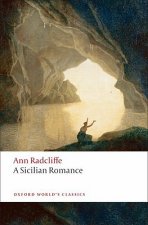
Sicilian Romance
8.28 € -28 % -
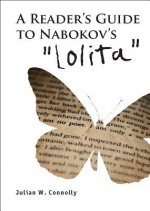
Reader's Guide to Nabokov's 'Lolita'
20.51 € -6 % -

Active Korean 1 Workbook (QR), m. 1 Audio
22.84 € -

Virginia Woolf
17.28 € -28 % -

Long and the Short of It
13.03 € -18 % -

Saxo Grammaticus: The History of the Danes, Books I-IX
44.88 € -19 % -
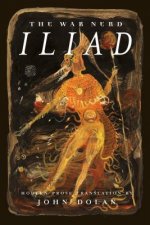
War Nerd Iliad
19.30 € -19 % -

Sejong Korean Extension Activity Book 2A - English Edition, m. 1 Audio
21.83 € -

Means to Freedom
31.73 € -

Means to Freedom
31.73 € -

Talk To Me In Korean Workbook - Level 10, m. 1 Audio
27.08 € -
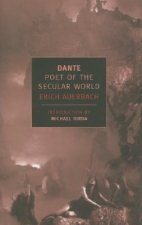
Dante
16.57 € -13 % -
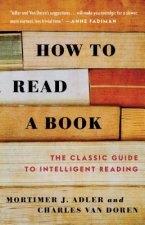
How to Read a Book
14.04 € -10 % -
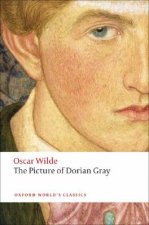
The Picture of Dorian Gray
6.66 € -21 % -
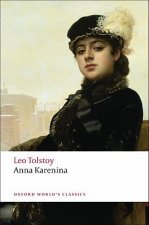
Anna Karenina
9.49 € -14 % -
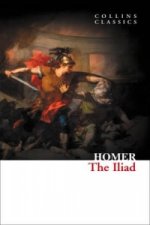
Iliad
4.64 € -13 % -

Collected Poems
19.30 € -28 % -

Moveable Feast
9.49 € -20 % -

Golden Bough
15.15 € -20 % -
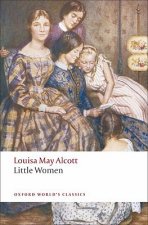
Little Women
8.58 € -15 % -
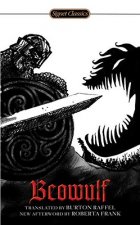
Beowulf
4.94 € -22 % -
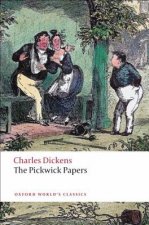
Pickwick Papers
9.49 € -26 % -

Meditations in an Emergency
12.12 € -29 % -

Zofloya
9.29 € -28 % -

Analysis of Roland Barthes's The Death of the Author
8.58 € -9 % -
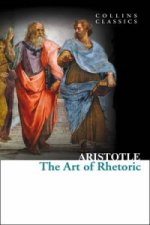
Art of Rhetoric
3.53 € -4 % -

Saga of Tanya the Evil, Vol. 3
10.10 € -28 % -
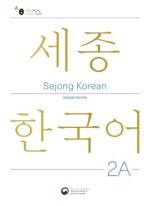
Sejong Korean Student Book 2A - English Edition, m. 1 Audio
29.11 € -

Wide Sargasso Sea
9.19 € -16 % -

Simple Passion
8.58 € -21 % -
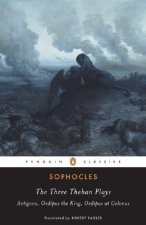
Three Theban Plays
8.58 € -27 % -
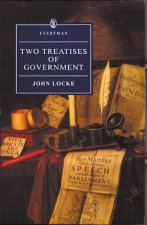
Two Treatises of Government
8.99 € -19 % -

Discarded Image
17.88 € -14 % -
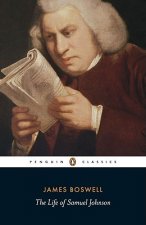
Life of Samuel Johnson
24.86 € -

Room With A View
9.90 € -18 % -
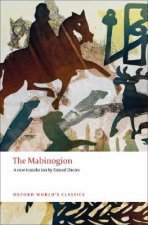
Mabinogion
10.30 € -28 % -

Art of Rhetoric
10.30 € -28 % -

Ivanhoe
9.80 € -19 % -

Why Orwell Matters
14.24 € -21 % -

Literature and Evil
12.93 € -17 % -
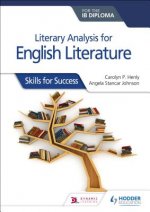
Literary analysis for English Literature for the IB Diploma
34.67 € -
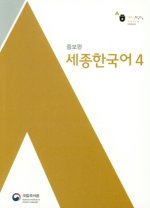
Sejong Korean 4, m. 1 Audio
27.08 € -
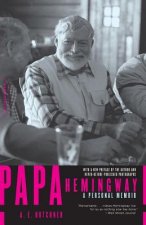
Papa Hemingway
16.67 € -21 % -

Literary Wonderlands
28.20 € -14 % -

Learn! KOREAN With BTS | 4-Book Set | With Motipen | Korean Learning for Basic Learners | With Korean Keyboard Stickers, m. 1 Audio, m. 1 Beilage, 2 T
147.90 € -4 % -
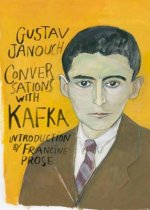
Conversations with Kafka
14.24 € -16 % -
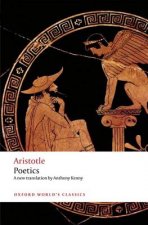
Poetics
10.61 € -18 % -

To the Lighthouse
7.67 € -23 %
Collection points Bratislava a 2642 dalších
Copyright ©2008-24 najlacnejsie-knihy.sk All rights reservedPrivacyCookies



 15549 collection points
15549 collection points Delivery 2.99 €
Delivery 2.99 € 02/210 210 99 (8-15.30h)
02/210 210 99 (8-15.30h)